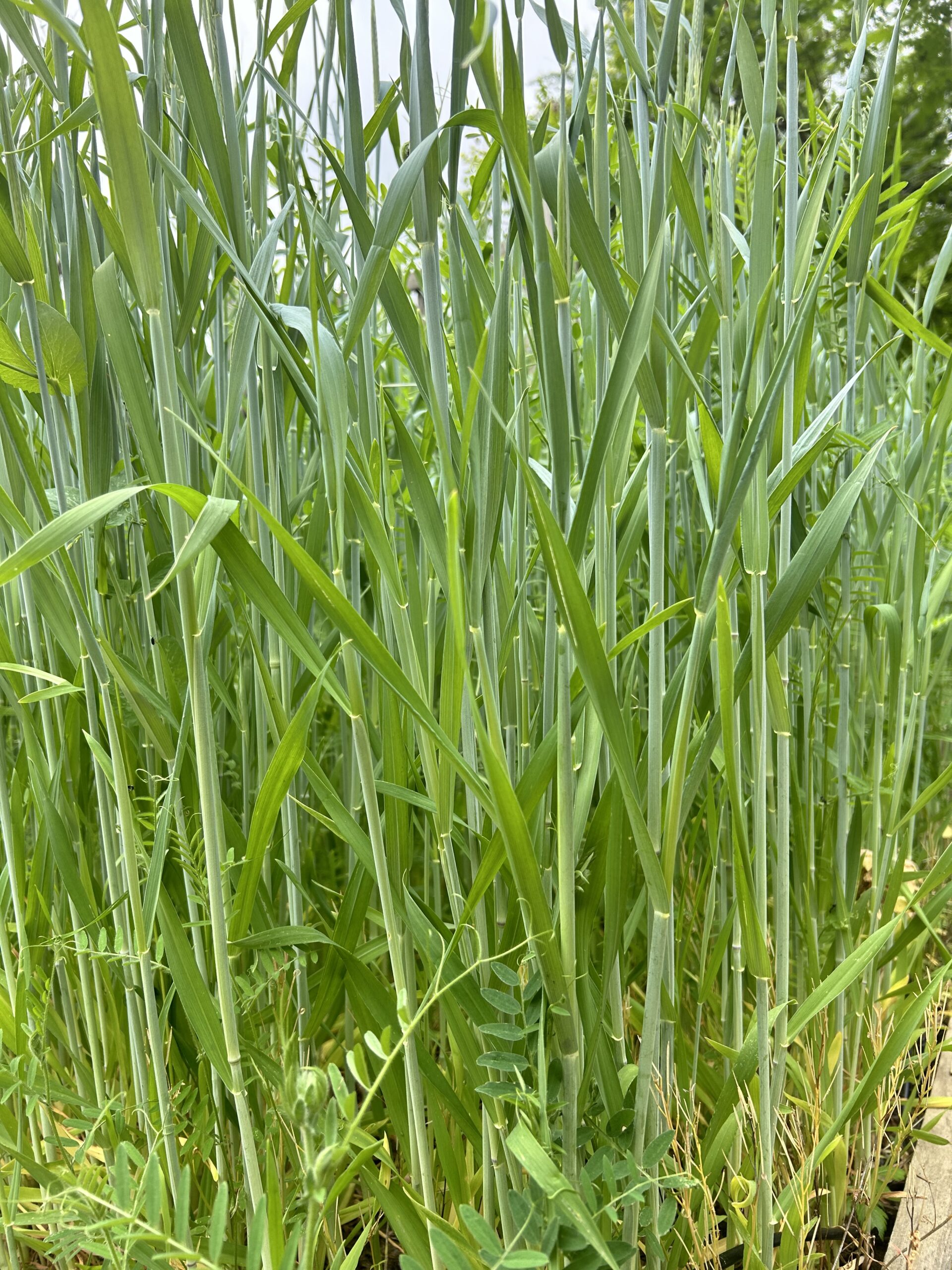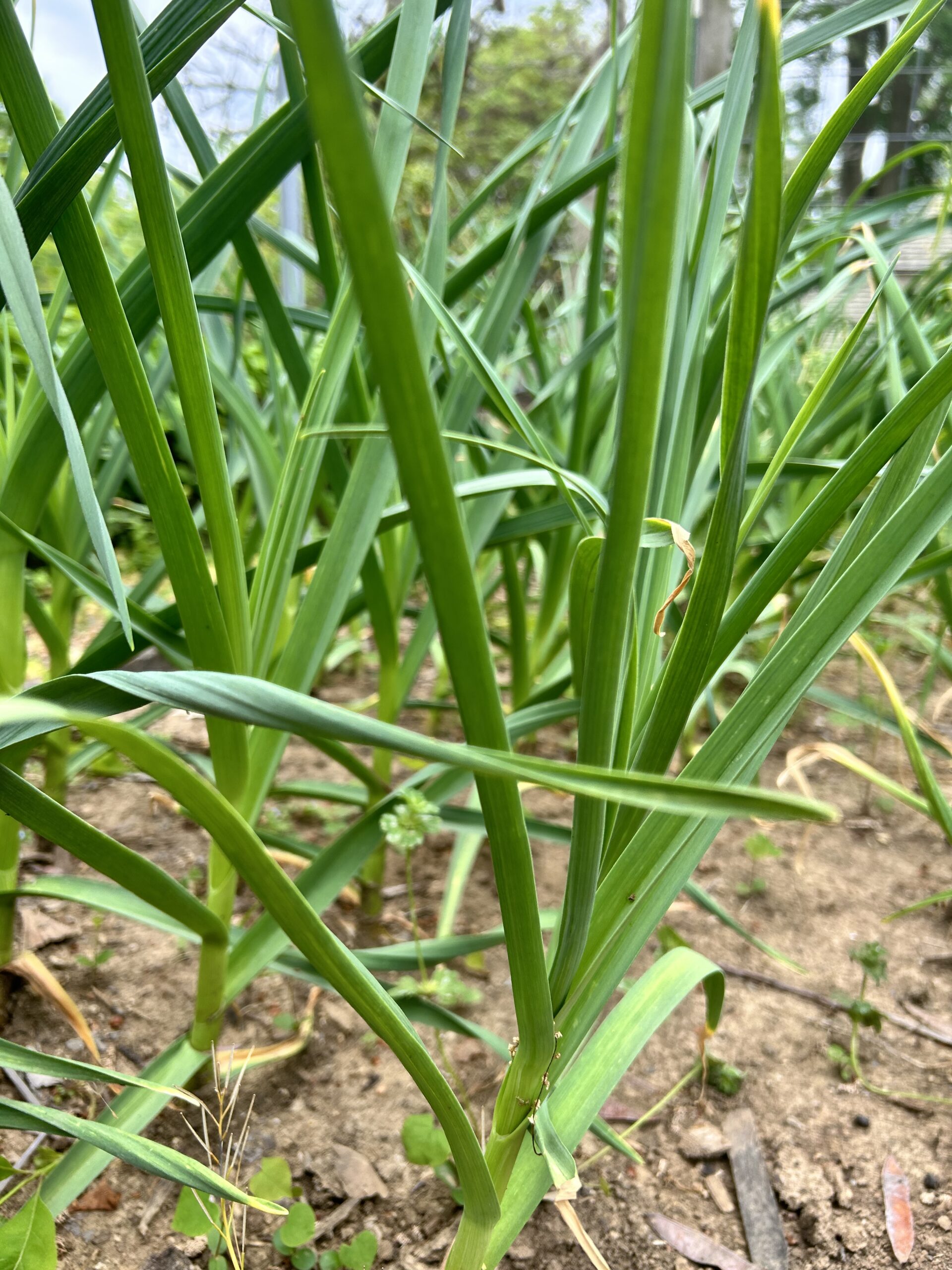There is a date that many of us can’t wait for to get started in our gardens. Some say it’s the last frost date while others are waiting eagerly for Mother’s Day. Now that the last frost date has passed, we are preparing to transplant our tender warm weather seedlings into the soil. But as most of us know, here in Ohio there can always be a surprise dip in temperature at any time between now and then. Especially at night.
We are letting succession gardening work for us. We have sown and transplanted most of our cool weather crops and are preparing for a second round of beets, carrots, swiss chard, leaf lettuce, collards, mustard greens, radish, peas, bunching onions and spinach.
We are keeping an eye on the forecast to determine whether or not to plant our watermelon, okra, squash, cucumber and sweet corn in the garden. By the end of May, it should be safe to plant almost everything outdoors, so that is when our garden will be full of seedlings and mature cool weather crops ready to be harvested. But for now, we’ll be harvesting garlic soon.
Unfortunately, those pesky weeds have arrived, and they are definitely not going to be leaving anytime soon. We’re pulling them early to make it much easier to eliminate and control the problem before it becomes a task that we are doing more often than we had planned. We’re also adding landscape material to a few beds that have gardeners that may not be able to frequently visit the garden as much to fight the sprouting weeds as much.
With all of the rainfall that makes it necessary for our seeds to germinate and tender transplants to grow, it also revealed another problem in our garden. Soil erosion! Battling the flow of water verses the gravity that holds our soil in place was daunting last year, so we prepared for this by adding some wood boarders along some of the garden beds and hopefully the cover crop adds some much needed nutrients to our soil along with the compost. Soon, we’ll be using the tall cover crop as green mulch to serve a dual purpose, as an amendment and water retention as we move forward in May.




Love to see the cover crops!